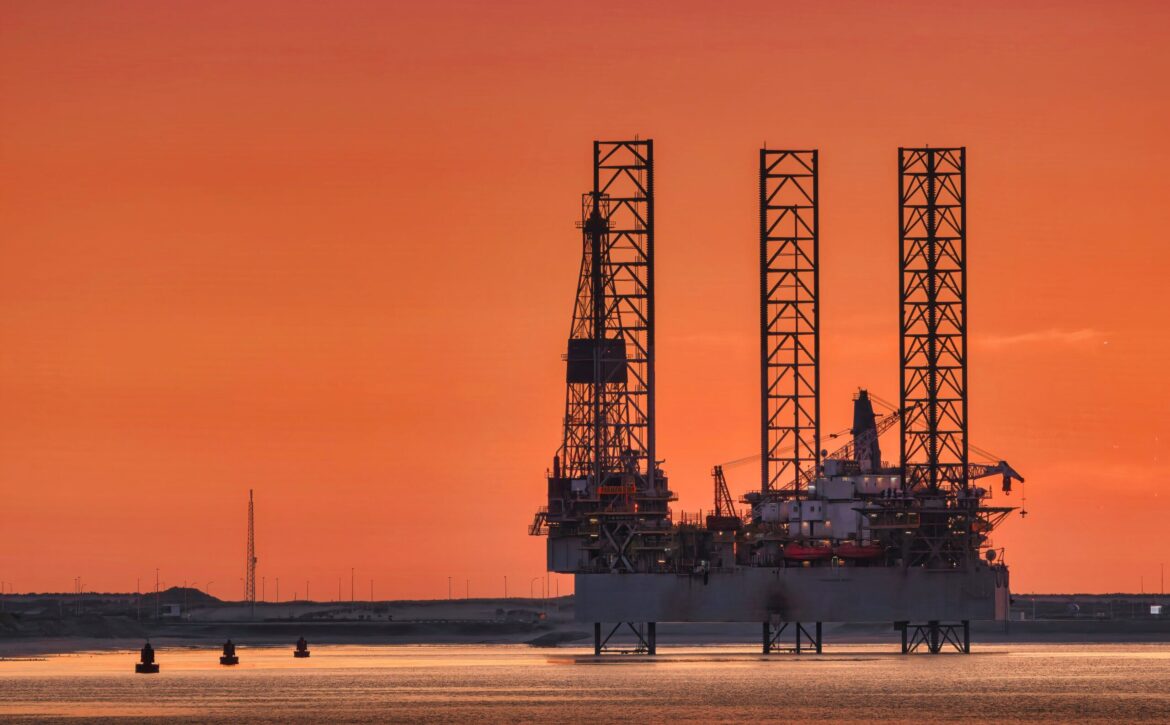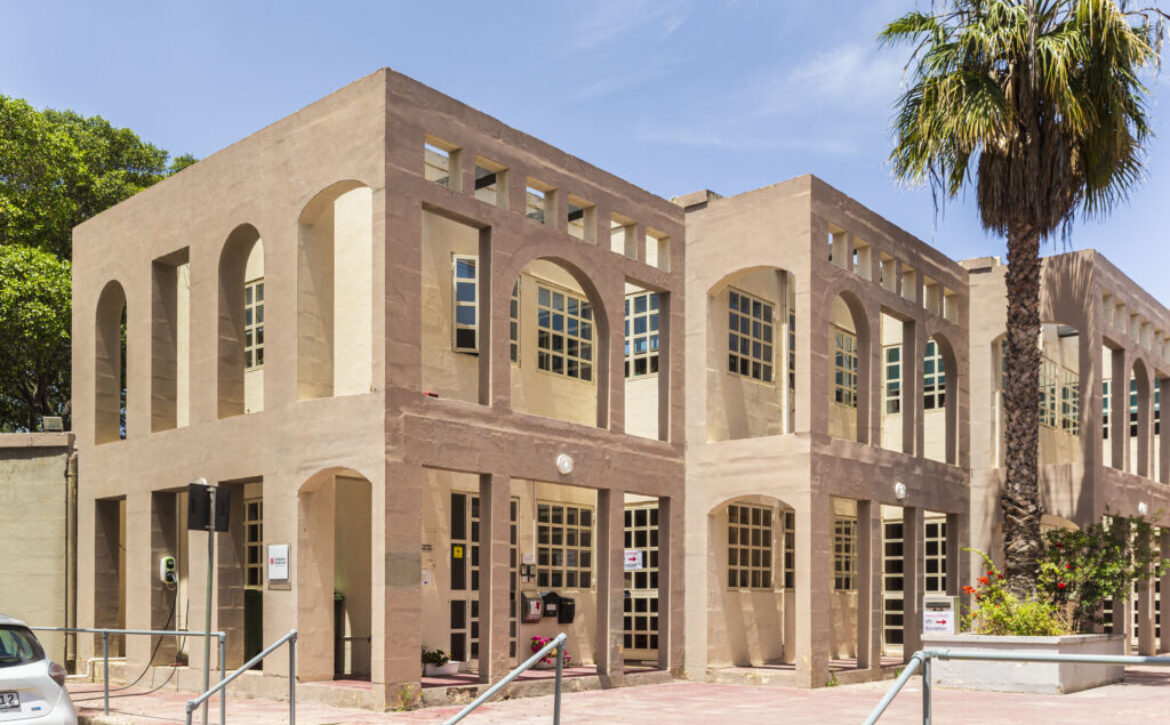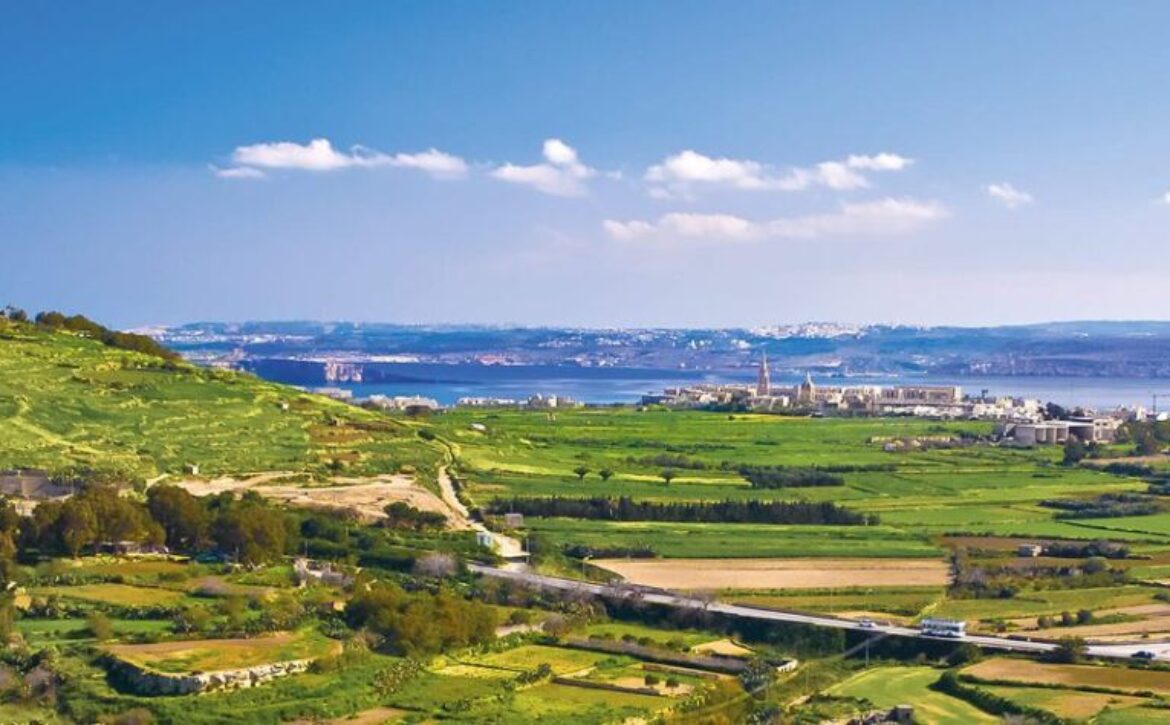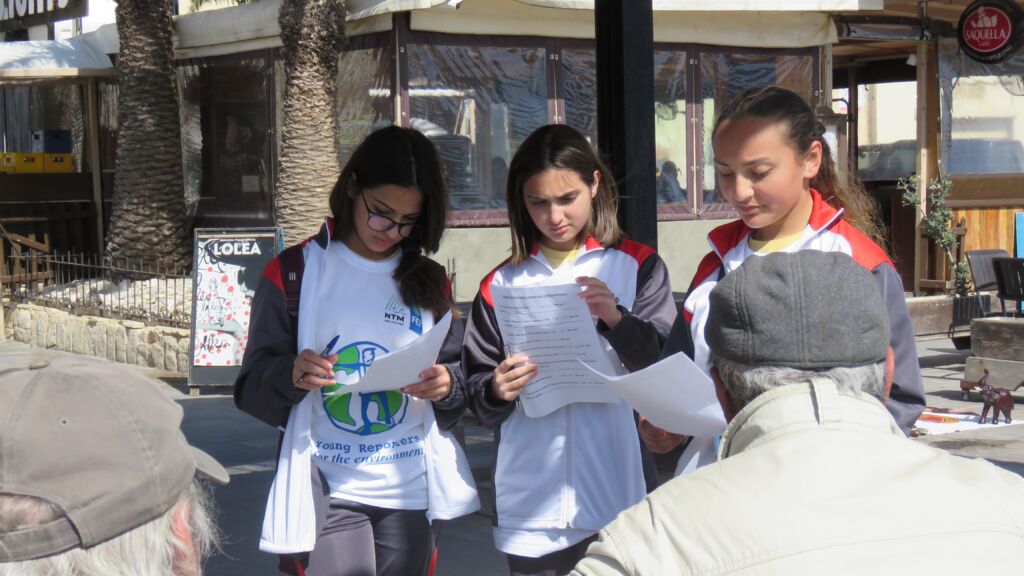Addressing the Core of Energy Initiatives
Climate change and environmental degradation pose imminent threats to Europe and the global community. In response, the European Green Deal aims to transform the EU into a modern, resource-efficient, and competitive economy, with three primary objectives:
- Achieving net-zero greenhouse gas emissions by 2050.
- Decoupling economic growth from resource consumption.
- Ensuring that no one and no place is left behind.
The European Green Deal also plays a pivotal role in post-pandemic recovery, with nearly €1.8 trillion in investments from the NextGenerationEU Recovery Plan and the EU’s seven-year budget allocated to support this endeavor.
To address climate change and environmental concerns, the European Commission has introduced a series of legislative proposals aimed at aligning EU policies in climate, energy, transport, and taxation. These proposals target a reduction of at least 55% in greenhouse gas emissions by 2030, compared to 1990 levels.
Key Focus
Energy production and consumption contribute to over 75% of EU greenhouse gas emissions. Decarbonizing the EU’s energy system is a critical step in achieving the climate goals for 2030 and the long-term objective of carbon neutrality by 2050.
The European Green Deal focuses on three fundamental principles for the transition to clean energy, focusing on reducing greenhouse gas emissions and enhancing the quality of life for citizens:
- Ensuring a secure and affordable energy supply in the EU.
- Developing a fully integrated, interconnected, and digitalized EU energy market.
- Prioritizing energy efficiency, enhancing building energy performance, and emphasizing renewable energy in the energy sector.
To realize these principles, the Commission has established key objectives, including:
- Establishing interconnected and integrated energy systems and grids to support renewable energy sources.
- Promoting innovative technologies and modern infrastructure.
- Improving energy efficiency and eco-design of products.
- Decarbonizing the gas sector and enhancing integration between sectors.
- Providing support to consumers and Member States to address energy poverty.
- Promoting EU energy standards and technologies on a global scale.
- Maximizing the potential of offshore wind energy.
As of May 2022, REPowerEU is a critical initiative for the EU, serving the following key purposes:
- Ensuring energy security.
- Generating clean energy.
- Diversifying the energy supply.
REPowerEU has played a crucial role in safeguarding EU citizens and businesses against energy shortages, supporting Ukraine by reducing reliance on Russian resources during the conflict, and accelerating the transition to clean energy. This collaborative effort continues to strengthen Europe’s preparedness and unity.
Through collective action, the EU has achieved significant milestones:
- Reduced dependence on Russian fossil fuels.
- Lowered energy consumption by nearly 20%.
- Implemented maximum gas prices and a global oil price cap.
- Doubled the use of renewable energy sources.
- Diversified energy supplies.
The invasion of Ukraine by Russia underscored the need for alternative energy supply solutions within the EU. Although some Member States historically relied more on Russian gas imports than others, the potential disruptions affected all collectively. Hence, all Member States cooperated to ensure gas sharing in times of need.
As of September 2022, Russian gas accounts for only 8% of all gas imports via pipelines to the EU, compared to 41% in August 2021.
With the REPowerEU plan, the EU successfully diversified its energy supply by:
- Stabilizing agreements with other third countries for pipeline imports.
- Investing in joint procurement of Liquefied Natural Gas (LNG).
- Establishing strategic partnerships with Namibia, Egypt, and Kazakhstan to secure a safe and sustainable supply of renewable hydrogen.
- Signing agreements with Egypt and Israel for natural gas exports to Europe.
The infrastructure initially used for gas can now be adapted for clean hydrogen in the future. Today’s investment is an investment in decarbonizing the economy for the future.
Mario Fava
President





